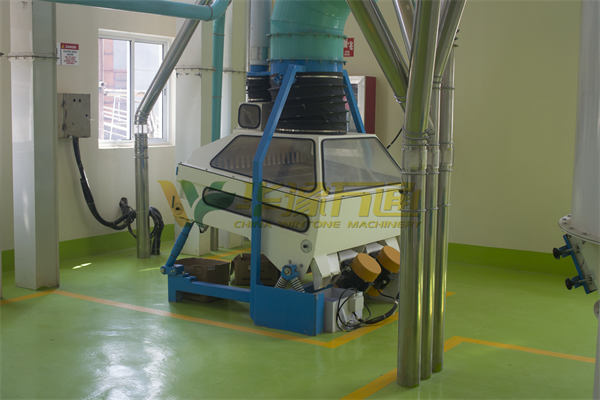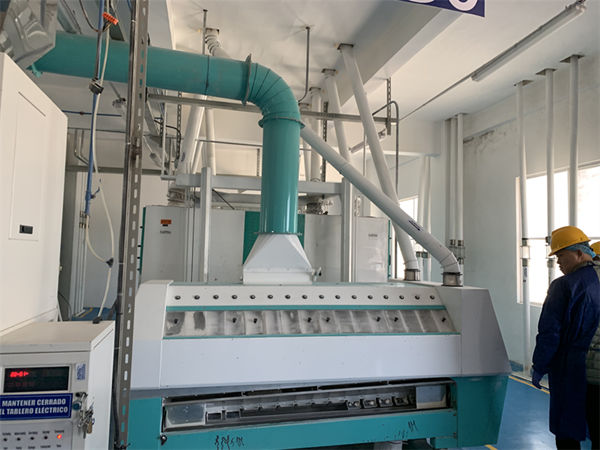-
+86-371-86159555
Introduction:
Corn processing equipment plays a pivotal role in the agricultural industry. Knowing the proper operation process is essential for maximizing efficiency and ensuring the best quality end-products. In this guide, Win Tone Machinery provides a comprehensive and step-by-step overview of the operation process for corn processing equipment. Whether you are a small-scale farmer or a large-scale industrial processor, we aim to equip you with the knowledge needed to efficiently process corn using our high-quality equipment.
1. Pre-Cleaning and Grain Receiving:
The first step in corn processing involves pre-cleaning and receiving the grain. Corn is delivered to the facility, where it undergoes a pre-cleaning process to remove impurities such as stones, dust, and other foreign materials. The received corn is stored in silos or hopper bins until it's ready to be processed.

2. Grain Conditioning and Dampening:
To improve the quality and processing efficiency, the corn is then subjected to grain conditioning and dampening. This process involves adding water to the corn to increase moisture content, which helps soften the kernels and makes them easier to dehull or grind. Proper dampening is crucial to avoid excessive moisture that could lead to spoilage or difficult processing.
3. Dehulling or Hulling:
Dehulling or hulling is the process of removing the outer husk or hull from the corn kernels. This step can be critical in industrial processing or in producing specific products like corn grits, flakes, or masa flour. The dehulling process can be accomplished through various methods, such as abrasive decortications or impact dehulling, depending on the desired end product.
4. Grinding and Milling:
Grinding and milling are central processes in corn processing equipment. This step involves crushing or grinding the corn kernels to produce various forms, such as corn flour, maize meal, or corn grits. The grinding process can vary depending on the desired particle size and end product, and it generally utilizes roller mills or hammer mills to achieve the desired consistency and texture.
5. Sifting and Sieving:
After grinding, the corn undergoes sifting and sieving to separate the different particle sizes and remove any impurities. Sifting helps achieve uniform particle size distribution and enhances the quality of the final products. Various screens or sieves are used during this process to ensure the desired particle size is achieved for each specific product.

6. Further Processing:
Depending on the desired end-products, further processing may be required. This can include additional steps such as fermentation, steaming, drying, or even oil extraction. These processes are often specific to certain products like corn starch, corn oil, or corn-based beverages.
7. Packaging and Storage:
The final step in the operation process is packaging the processed corn products. Well-packaged products help maintain quality and extend shelf life. Proper labeling and storage conditions should also be considered to ensure the products' integrity during transportation and handling.
Conclusion:
Understanding the operation process of corn processing equipment is vital for maximizing efficiency, maintaining product quality, and optimizing production. Win Tone Machinery provides high-quality corn processing equipment designed to streamline operations and deliver excellent results. Whether you're a small-scale farmer or a large-scale industrial processor, our equipment and expertise can help you efficiently process corn. Contact Win Tone Machinery today to learn more about our corn processing equipment and how it can benefit your operations.
+86-371-86159555
86635803
No. 57 Science Avenue
Zhengzhou, Henan, China
7*24 hours
Human services